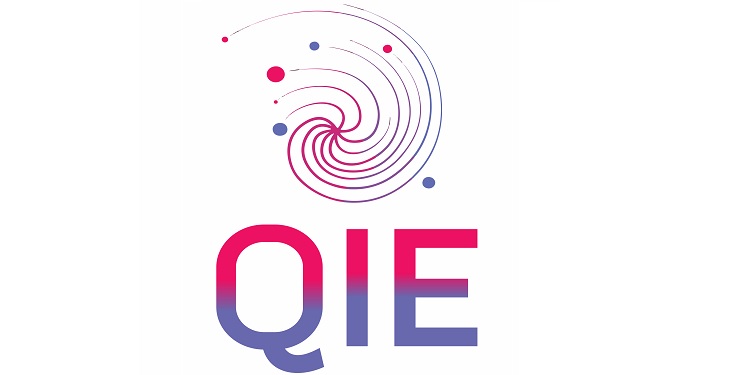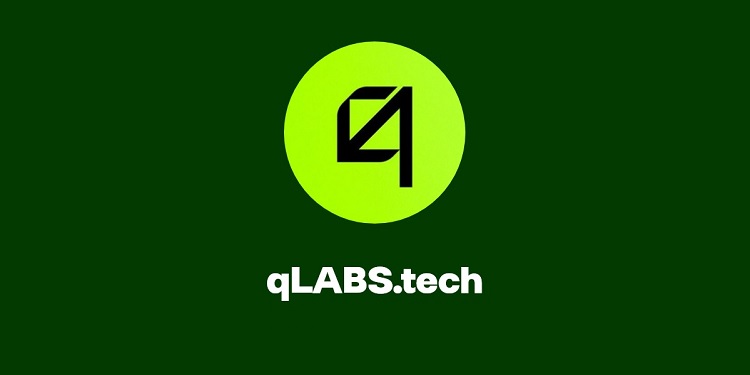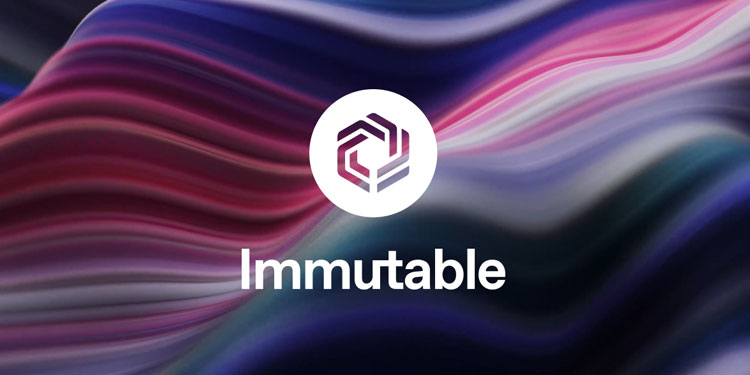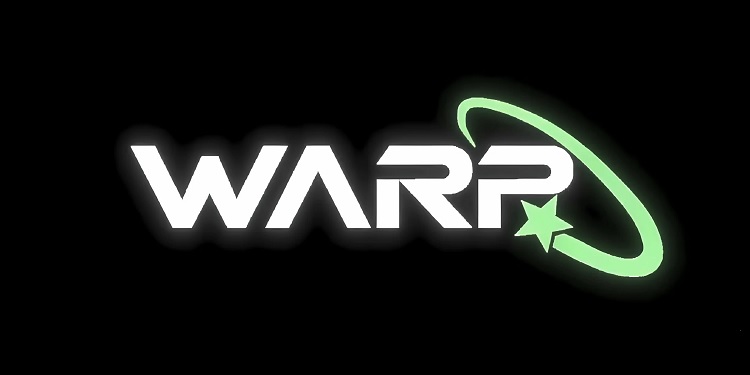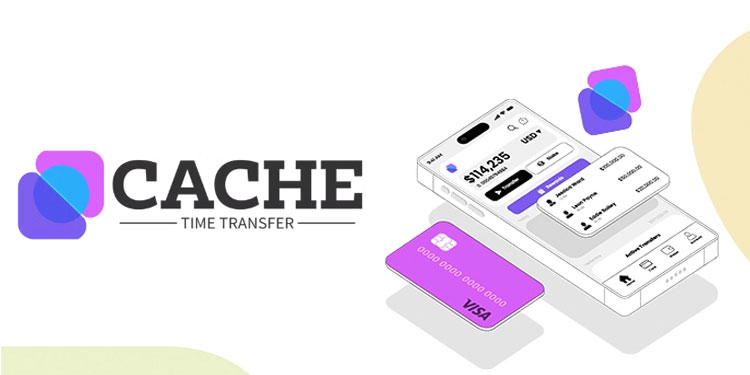Quant, a trailblazer in blockchain technology for finance, has unveiled a bank-grade key management solution aimed at bolstering the security of blockchain-based transactions. The financial sector has long relied on robust key management solutions to safeguard data, business applications, and transactions. However, with the emergence of blockchain and digital assets, existing key management technology falls short in providing the level of protection and regulatory compliance required.
Meeting the Challenge
Overledger Authorise, Quant’s innovative solution, tackles the challenge faced by banks and institutions in effectively managing and integrating digital asset and blockchain private keys within their enterprise key management systems. This integration facilitates seamless end-to-end authorization of transactions across existing systems and various blockchains. Recent stress testing in Project Rosalind, a significant central bank digital currency initiative led by the Bank of England and Bank for International Settlements, demonstrated Authorise’s effectiveness.
Blockchain Keys: The Core of Security
In the realm of blockchain, private keys function similarly to passwords. They serve to authorize and validate transactions, making them essential for accessing blockchain-held funds. Nonetheless, multiple risks associated with private key management, including human error, theft, and malicious attacks, have emerged as concerns.
Tailored Integration
Traditional key management systems employed by banks are ill-suited for blockchain integration due to their incompatibility. Authorise addresses this dilemma by seamlessly integrating with existing enterprise key management systems. It effectively manages blockchain transaction signing and key generation processes. When a business application or workflow initiates a transaction, Authorise orchestrates authentication, authorization, and verifications in coordination with existing key management systems, securely delivering transactions to the target blockchain. This eliminates the precarious practice of storing keys on employee laptops and streamlines the complexity of configuring and handling transaction signing across multiple networks.
Navigating the Complexity
Managing and storing cryptographic keys are intricate tasks, vulnerable to cyber threats, user errors, and technological complexities related to transaction signing. Until now, blockchain solutions struggled to meet the security and convenience standards expected in traditional banking transactions.
Unlocking Blockchain’s Potential
Quant officials acknowledge the transformative potential of blockchain technology in banking. However, its realization depends on the availability of robust, future-proof solutions for cryptographic key management and transaction authorization. This is where Overledger Authorise comes into play, introducing central bank-grade key management and enterprise transaction signing capabilities to the blockchain ecosystem.
Seamless Integration and Security Compliance
By integrating existing enterprise key management systems, Overledger Authorise establishes seamless connections with multiple blockchains while maintaining a high level of security compliance. This approach simplifies the adoption of digital assets for banks, institutions, and enterprise developers.
In a rapidly evolving financial landscape, Quant’s Overledger Authorise emerges as a game-changing solution, poised to enhance the security and convenience of blockchain-based transactions. Its ability to bridge the gap between traditional key management and blockchain integration opens up new horizons for financial institutions looking to harness the potential of this groundbreaking technology securely and efficiently.


